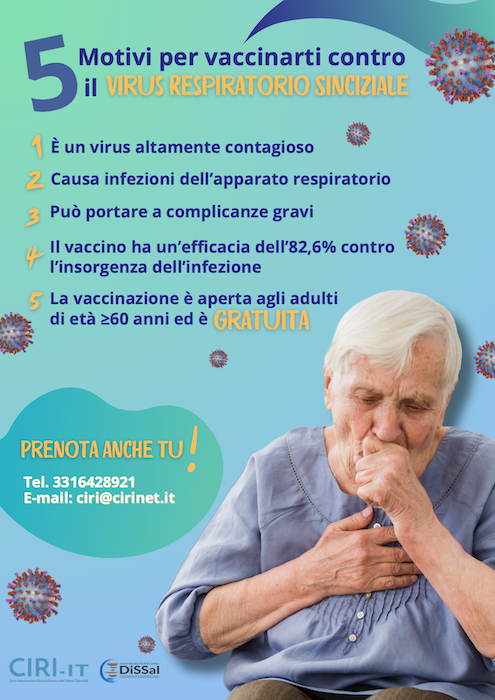Streptococcus pneumoniae (pneumococcus) is a Gram-positive, encapsulated diplococcus bacterium. A key structural feature is its polysaccharide capsule, which surrounds the cell wall and acts as a virulence factor by interfering with the host’s immune defense mechanisms.
More than 90 different pneumococcal serotypes have been identified.
It is a widespread organism that commonly colonizes the upper respiratory tract of both children and healthy adults. Under normal immune conditions, it does not cause any symptoms; therefore, carriers are usually unaware they are hosting the bacterium. In fact, 20–30% of healthy adults and approximately 30–60% of children are carriers of pneumococcus.
Transmission occurs mainly through airborne droplets, such as saliva droplets released by infected individuals, including asymptomatic carriers.
Infection is particularly easy to contract in crowded environments such as schools, offices, and public spaces.
Pneumococcal infection usually presents with symptoms affecting the upper respiratory tract, where the bacterium localizes; in this case, it is referred to as a non-invasive disease (e.g., otitis media).
In certain predisposed individuals, the bacterium can cause invasive pneumococcal disease by colonizing sites where it is not normally present, such as the blood, cerebrospinal fluid, or lungs, leading to severe conditions. These include meningitis (inflammation of the meninges), sepsis (generalized bloodstream infection), and bacteremic pneumonia.
Invasive pneumococcal infections more frequently affect children under two years of age, adults over the age of 65, immunocompromised patients, and individuals with chronic diseases (such as diabetes, heart disease, liver disease, kidney failure, etc.).
A highly important preventive measure is vaccination, which reduces the incidence of pneumococcal disease, especially invasive disease.
Currently, in Italy, pneumococcal vaccination is not among the mandatory childhood vaccinations; however, it is often offered free of charge under certain conditions (based on age or health status).
As of today, there are two main types of vaccines available:
- The polysaccharide vaccine (PPSV23) protects against 23 types of pneumococcus.
- The conjugate vaccines include:
- PCV13, which protects against 13 types of pneumococcus;
- PCV15, which protects against 15 types;
- PCV20, which protects against 20 types.






